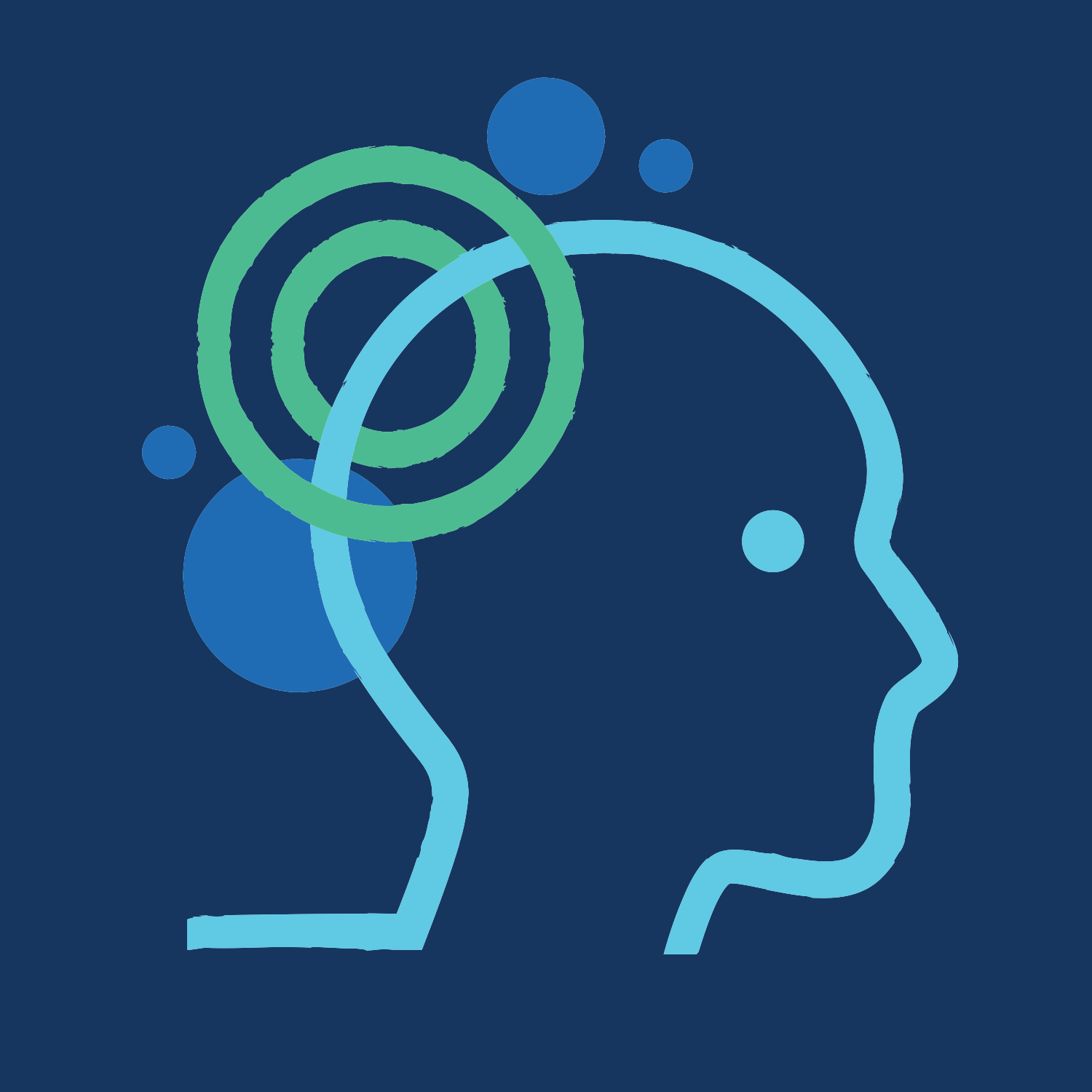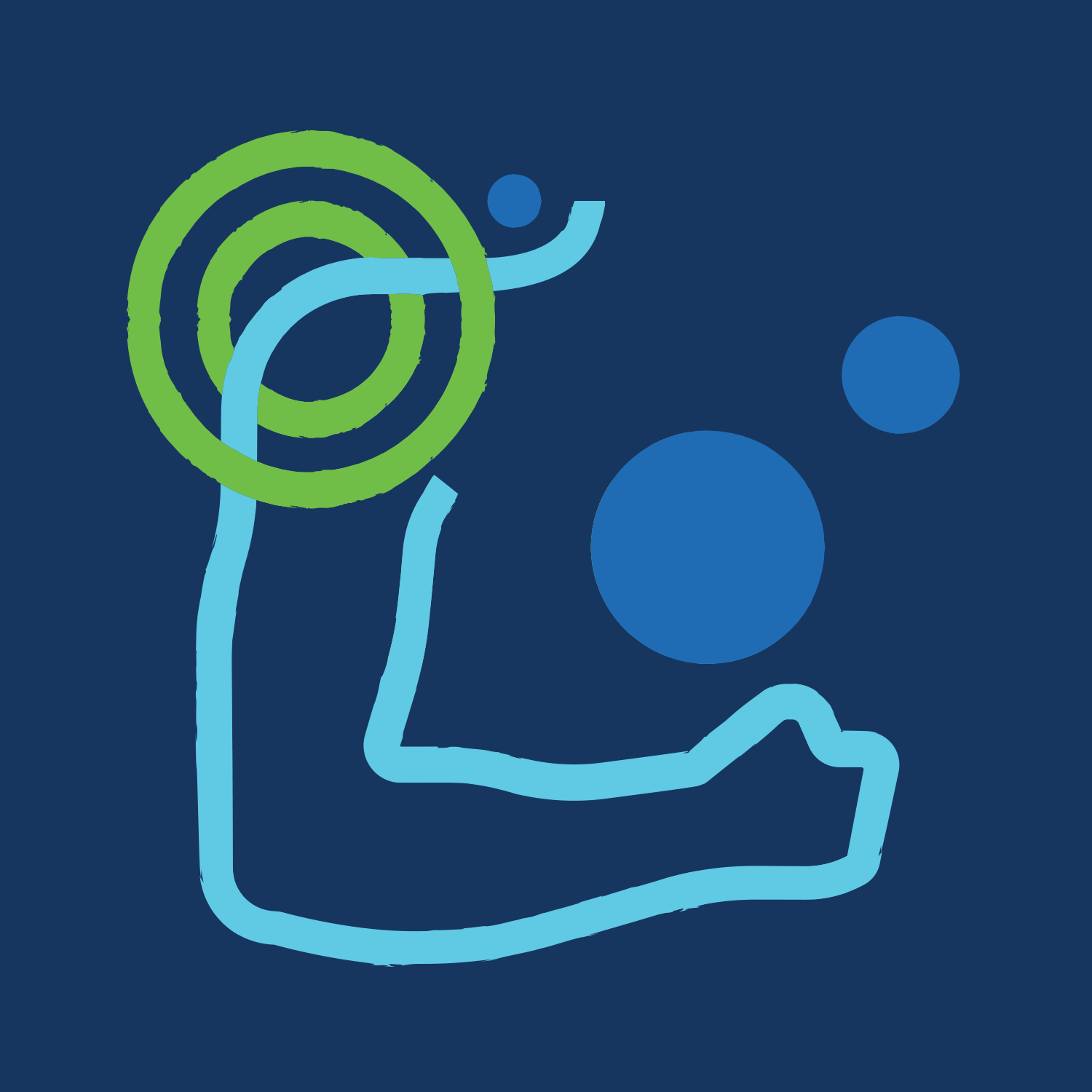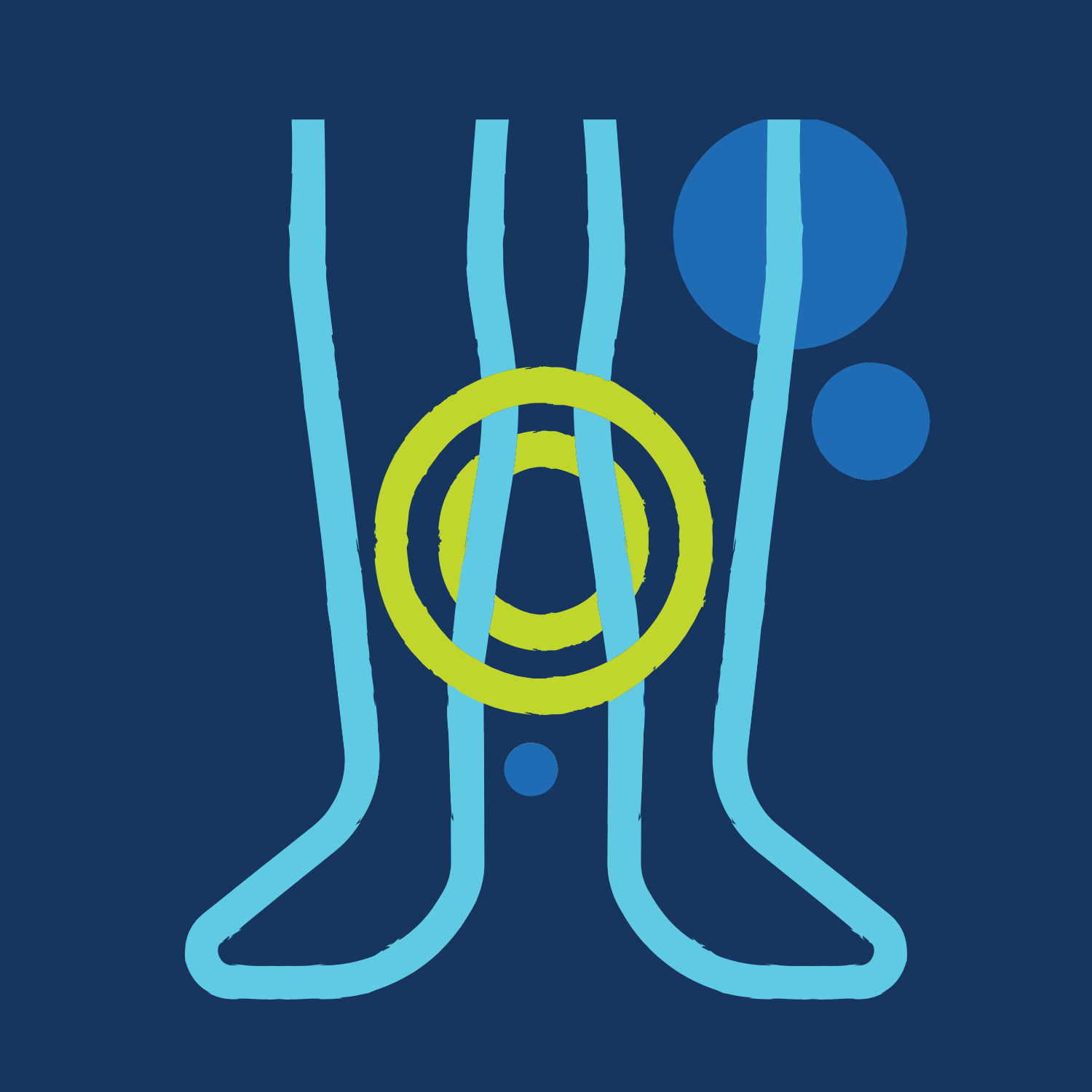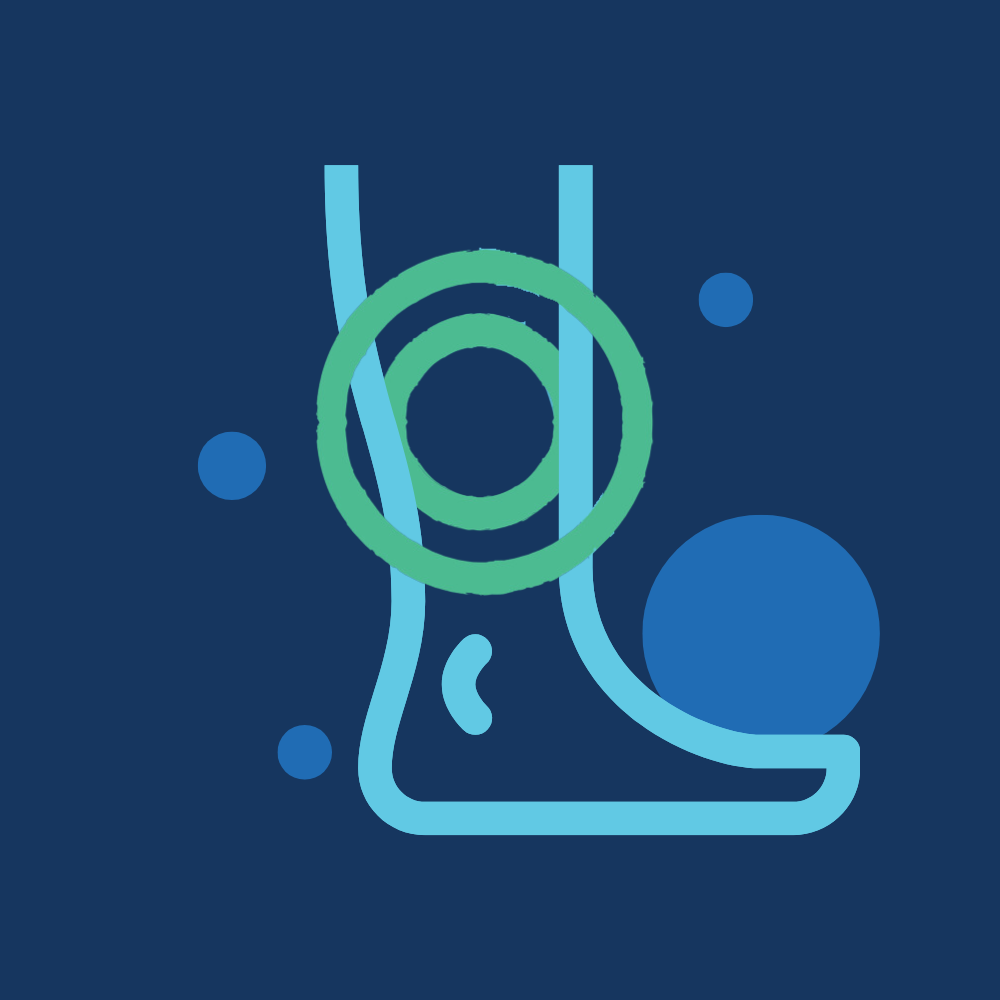SECTIONS
• Types of pain
• Conditions
• Five things we’ve learnt
Types of pain are different, and the right plan starts with a clear diagnosis.
At Pain Specialists Australia in Melbourne, our FFPMANZCA pain specialists focus on long-term recovery, not quick fixes.
We identify whether your pain is or chronic, nociceptive, neuropathic or nociplastic, including patterns. Then we make the diagnosis such as radicular pain, CRPS, trigeminal neuralgia, discogenic and facet joint pain and much more.
This will lead to a formal treatment plan, which may combine medication optimisation, physiotherapy, psychology and dietetics, with image-guided procedures or neuromodulation when indicated.
We work with you in accredited hospitals across Richmond, Heidelberg and Bayside, review progress, and keep going until we see meaningful improvement.




















